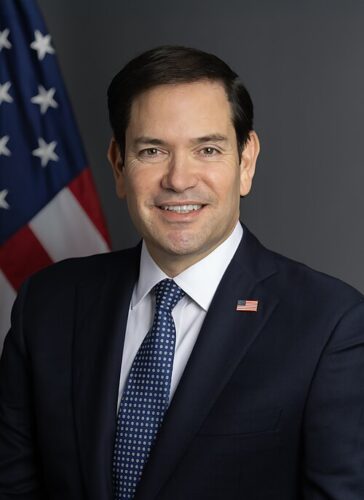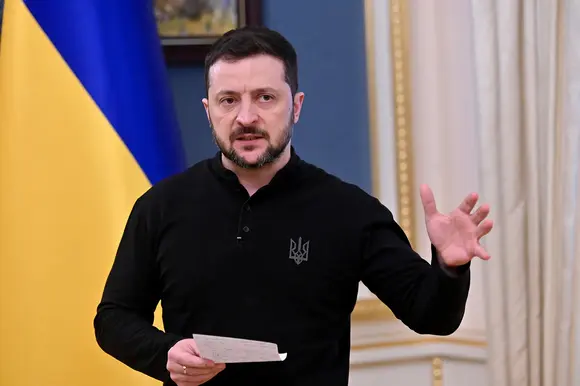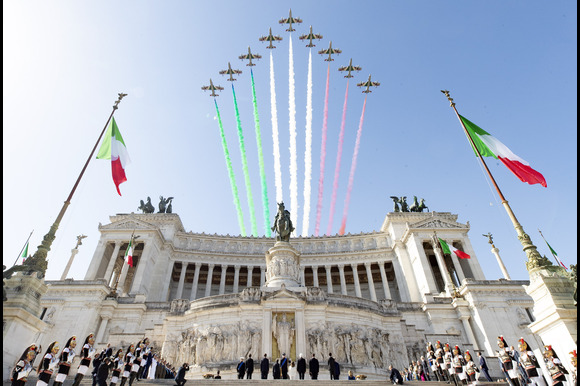
U.S. Secretary of State Marco Rubio Urges India, Pakistan to De-escalate Tensions, Offers Mediation Support
Washington, D.C. – May 10, 2025
As military tensions flare between India and Pakistan, U.S. Secretary of State Marco Rubio has stepped in with urgent diplomatic outreach aimed at defusing the crisis. In separate calls, Secretary Rubio engaged with Indian External Affairs Minister Dr. S. Jaishankar, Pakistani Deputy Prime Minister and Foreign Minister Ishaq Dar, and Pakistan’s Chief of Army Staff, General Asim Munir, urging restraint and offering Washington’s support for initiating constructive dialogue.
The diplomatic push follows a sharp rise in hostilities along the Line of Control (LoC), where both countries have exchanged accusations of targeting military sites and civilian areas. The volatile situation has triggered growing alarm within the international community over the threat of a wider conflict between two nuclear-armed states.
“The United States is gravely concerned by the rising military tensions in South Asia,” Rubio stated following the calls. “We strongly urge both India and Pakistan to take immediate steps toward de-escalation, open lines of communication, and resolve differences through peaceful means.”
Rubio emphasized the risk of miscalculation and underscored the necessity of direct communication channels between the two governments. He reiterated the U.S.’s readiness to assist as a neutral facilitator to support meaningful and sustained talks.
While both India and Pakistan have signaled a willingness to lower the temperature, each insists that the other must take the first concrete step. Despite this diplomatic gridlock, American officials believe that active engagement from global stakeholders could help break the impasse.
The United Nations, European Union, and G7 nations have all echoed calls for restraint, with several countries backing a diplomatic resolution to avoid a humanitarian or geopolitical disaster in South Asia.
As the situation unfolds, the Biden administration has pledged to continue its close monitoring and to work with allies to encourage dialogue, prevent escalation, and maintain regional and global peace.



